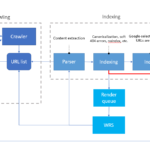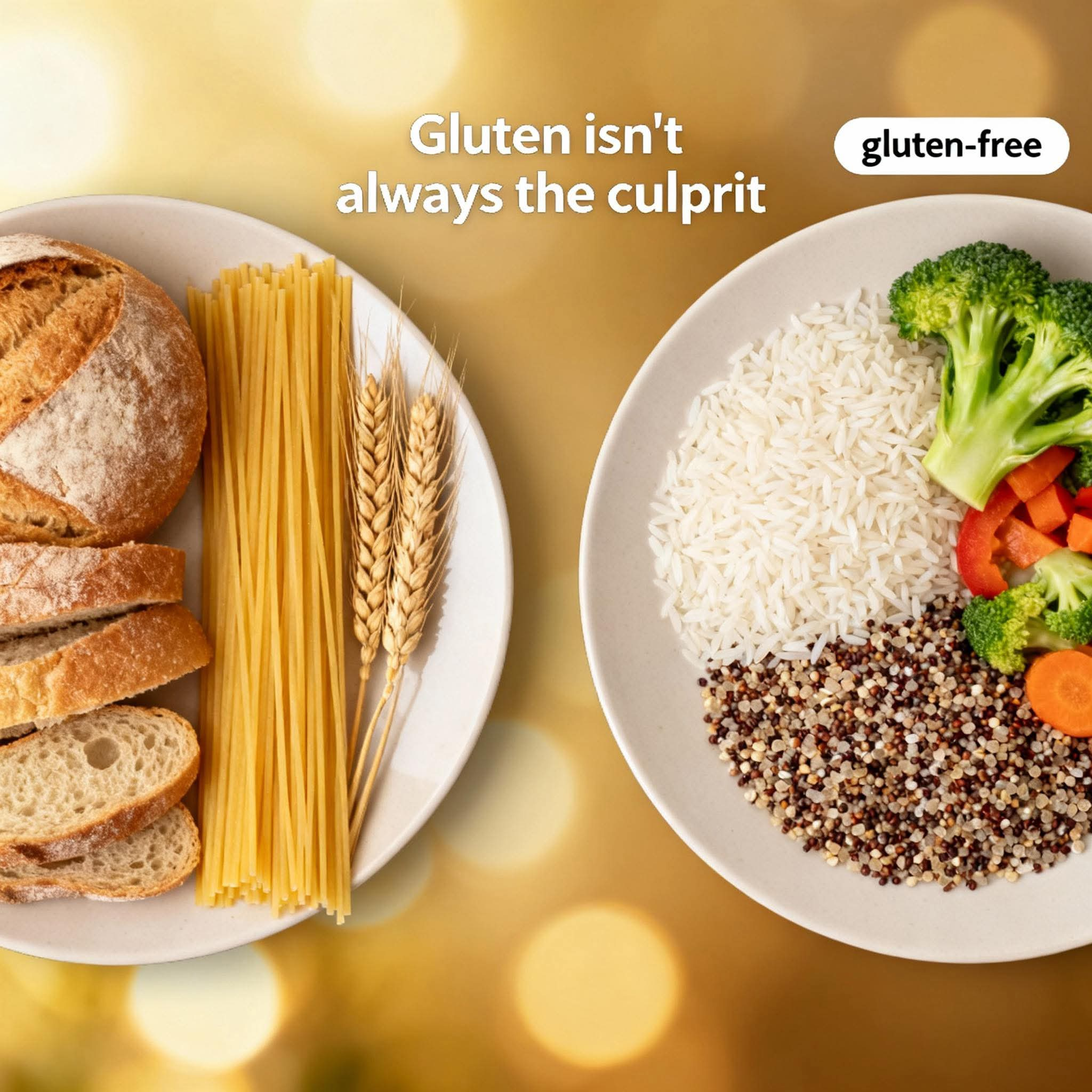Are Some Fruits Better Than Others for Metabolic Health?
By Dr. Sudhir Kumar, MD DM, Neurologist, Apollo Hospitals, Hyderabad
Fruits are often considered nature’s perfect foods. But when it comes to metabolic health, not all fruits may be equally beneficial. For individuals with diabetes, obesity, insulin resistance, or non-alcoholic fatty liver disease (NAFLD), the type and quantity of fruits matter.
Let’s explore how fruits impact metabolic health and which fruits support or hinder optimal blood sugar control and overall metabolic function.
Understanding the Role of Fruits in a Healthy Diet
Why Fruits Are Essential
Fruits are rich in:
- Dietary fiber – Supports digestion, slows sugar absorption, promotes satiety
- Vitamins – Such as Vitamin C, A, E, and folate
- Minerals – Like potassium and magnesium, which support heart and nerve function
- Phytonutrients and Antioxidants – Combat oxidative stress, support immune function
Unlike processed sugars, natural sugars in fruits (mainly fructose and glucose) are absorbed slowly due to fiber, leading to a more gradual rise in blood sugar levels.
The Sugar in Fruits: Natural but Not Always Harmless
Fruits contain:
- Fructose – Metabolized by the liver
- Glucose – Impacts blood sugar directly
High intake of fructose, even from natural sources like fruits, can overwhelm the liver, especially in sedentary individuals or those with metabolic disorders. This may contribute to:
- Insulin resistance
- Increased visceral fat
- Elevated triglycerides
- Fatty liver (NAFLD)
Best Fruits for Metabolic Health (Low-Sugar, Diabetic-Friendly)
Certain fruits are low on the Glycemic Index (GI) and contain higher fiber content, making them ideal for people looking to maintain or improve metabolic health.
Top Diabetic-Friendly and Low-GI Fruits
- Berries – (Strawberries, Blueberries, Raspberries, Blackberries)
- Rich in antioxidants, vitamins, and fiber
- Anti-inflammatory properties
- Apples (with skin)
- High in soluble fiber (pectin)
- Supports gut health
- Pears
- Low-GI and rich in vitamin C and potassium
- Cherries (Fresh and Unsweetened)
- Anti-inflammatory compounds
- Moderate glycemic response
- Peaches
- Provide vitamin A, potassium, and fiber
- Plums
- Contain polyphenols with anti-diabetic potential
- Kiwi
- High in vitamin C, fiber, and antioxidants
- Oranges (Whole, Not Juice)
- Rich in vitamin C and flavonoids
- Moderate sugar content, high in fiber
Fruits to Limit or Eat in Smaller Amounts
Some fruits are higher in natural sugars and have a higher glycemic load. They can cause blood sugar spikes, especially when consumed in large portions or in processed forms (like juices or dried fruits).
Higher-Sugar Fruits: Not Unhealthy, But Should Be Limited
- Bananas – Especially overripe ones
- Mangoes – High in sugar; eat in moderation
- Grapes – Small, sweet, and easy to overeat
- Pineapple – High glycemic index
- Watermelon – High water content but also high GI
- Dried Fruits – Raisins, dates, figs: calorie-dense, low in water
- Fruit Juices – Lack fiber, cause rapid sugar absorption
- Sugarcane – Very high in sucrose; avoid for metabolic issues
Tip: If consuming higher-sugar fruits, combine with nuts or a protein source to reduce the glycemic impact.
Whole Fruits vs. Fruit Juices – A Crucial Difference
Whole fruits contain:
- Fiber – Slows sugar absorption
- Water content – Promotes satiety
- Balanced nutrient matrix
Fruit juices:
- Remove most of the fiber
- Concentrate sugar
- Cause rapid spikes in blood sugar and insulin
Even 100% fruit juice or cold-pressed juice should be consumed rarely, especially for those with insulin resistance, diabetes, or obesity.
Personalization is Key
Metabolic response to fruit varies based on:
- Genetics
- Physical activity
- Body weight
- Medical conditions
- Medications
Some people can tolerate 2–3 servings of fruit daily, while others may need to restrict intake.
Always consult with your physician or a registered dietitian to determine the right fruits and quantity for your specific health condition.
FAQs – Frequently Asked Questions
❓Are some fruits better than others for metabolic health?
✅ Yes. Fruits like berries, apples, and pears are more beneficial due to their low sugar and high fiber content.
❓Can I eat mangoes or bananas if I am diabetic?
✅ Yes, but in small portions and preferably paired with a protein or fat source to reduce sugar absorption.
❓Is fruit juice healthy?
❌ No. Even natural fruit juice lacks fiber and can spike blood sugar levels. Whole fruits are always a better choice.
❓How many servings of fruit should I have daily?
✅ Most adults can have 1–2 servings of low-GI fruits per day. But individual needs vary, so seek medical advice.
❓Does fruit cause fatty liver?
✅ Excess fructose, particularly from large quantities of fruit or fruit juices, can contribute to fatty liver in susceptible individuals.
Final Thoughts from Dr. Sudhir Kumar
“Fruits are an essential part of a balanced diet, but like everything in nutrition, moderation and personalization are key. Understand your body’s needs, choose wisely, and avoid the trap of overconsuming even healthy-looking options like juices or dried fruits.”
Disclaimer
This article is for general educational purposes. For personalized medical advice, especially in case of existing metabolic disorders, consult your physician or certified nutritionist.









